I´m pretty sure that all the parents among my readers will join into a roaring “HAPPIER!” when answering the first question in this post´s headline. Yet, it turns out that an unanimous scientific answer to that question is rather hard to find – as there´s a lot conflicting data out there.
There are papers that show well-being drops for both men and women when a first child comes into the house – and it typically does not rise that much until the children leave for college. Other researchers found that a first child markedly increases happiness, especially with the fathers, and the more so when it´s a boy. Then, there are papers that give the classic answer for lawyers (and psychologists as well): It depends. Or rather, there are upsides and downsides. E.g., mother are more stressed – but less depressed.
When there´s a lot conflicting research on a certain topic, it´s always a good thing to carry out a meta-analysis, which is a weighted integration of many studies on one area of inquiry. Such a meta-analysis has been done in 2004. Here´s the summary:
This meta-analysis finds that parents report lower marital satisfaction compared with nonparents (d=−.19, r=−.10). There is also a significant negative correlation between marital satisfaction and number of children (d=−.13, r=−.06). The difference in marital satisfaction is most pronounced among mothers of infants (38% of mothers of infants have high marital satisfaction, compared with 62% of childless women). For men, the effect remains similar across ages of children. The effect of parenthood on marital satisfaction is more negative among high socioeconomic groups, younger birth cohorts, and in more recent years. The data suggest that marital satisfaction decreases after the birth of a child due to role conflicts and restriction of freedom.
What they say is: On average, marital satisfaction drops slightly when a first child is born. The effect is stronger for women than for men, and the younger and richer the parents are. Parents struggle with stress due to role conflicts and a decrease in self-determination.
Are Children supposed to make us Happier?
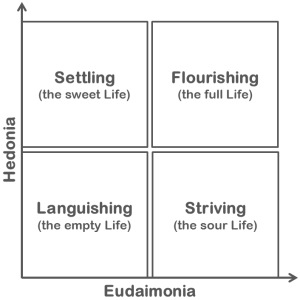 But maybe, asking about satisfaction and happiness is not the right question after all. Is it really the “job” of our children to make us happier and more satisfied as a parent? I don´t think so. When a child comes into your life, you lose tons of money, you lose tons of sleep (and that´s due to dirty diapers, not dirty sex…), and you have to carry out planning and preparations on a regular basis that in their complexity can be likened to the Normandy landing – just for going to the movies on a Friday night.
But maybe, asking about satisfaction and happiness is not the right question after all. Is it really the “job” of our children to make us happier and more satisfied as a parent? I don´t think so. When a child comes into your life, you lose tons of money, you lose tons of sleep (and that´s due to dirty diapers, not dirty sex…), and you have to carry out planning and preparations on a regular basis that in their complexity can be likened to the Normandy landing – just for going to the movies on a Friday night.
Having children does not make us happy all the time. Period.
Yet, we get something else, research suggests: Purpose. Meaning. Unconditional love (especially when you have some sort of food, that is…). Asking for satisfaction is looking at the wrong axis of the Eudaimonia-Hedonia-Grid depicted above.
Being a parent is not a “fun” job at times – especially for the mothers (given a more traditional role-taking). Remember that viral video about the toughest job in the world?
But then: it definitely can be a blast. When researchers see a lot of conflicting data, they sometimes turn to what in science lingo is called “anecdotal evidence”. They tell a story. Here´s a story about my family having fun in the park (Photos taken by Tina Halfmann).
Enjoy!
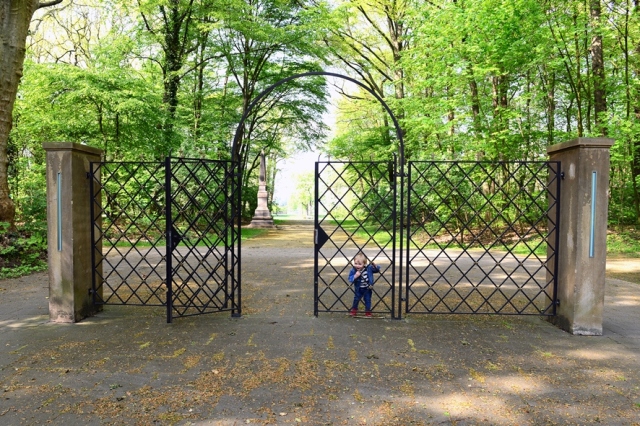
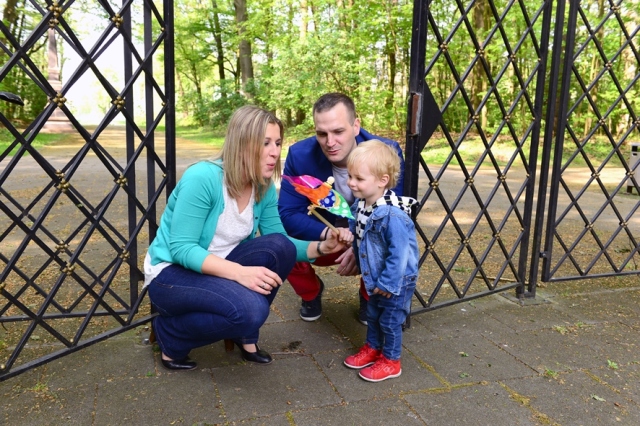
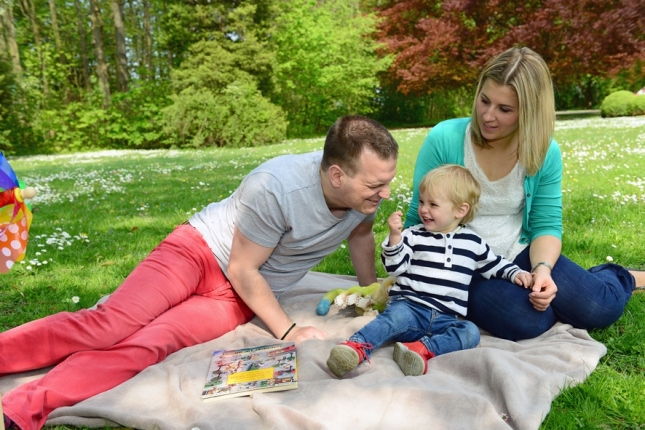
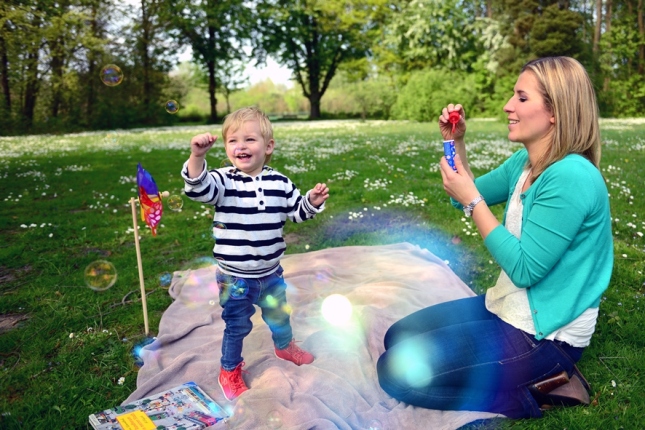

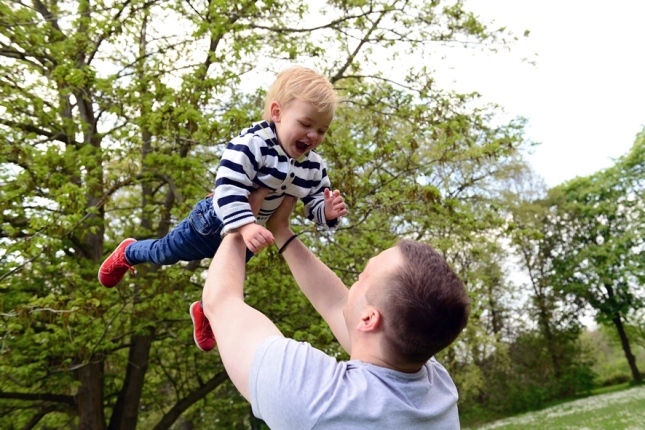

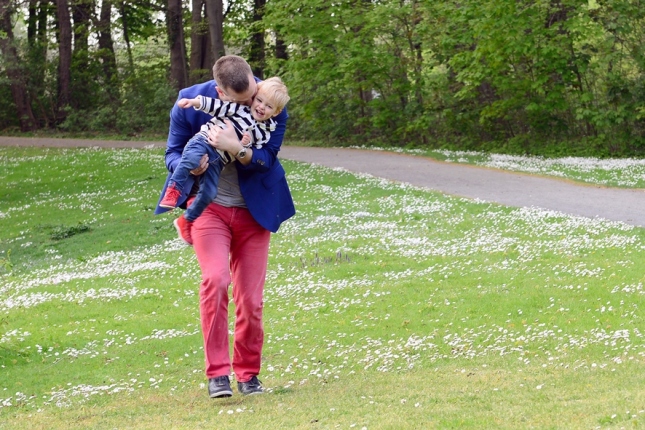
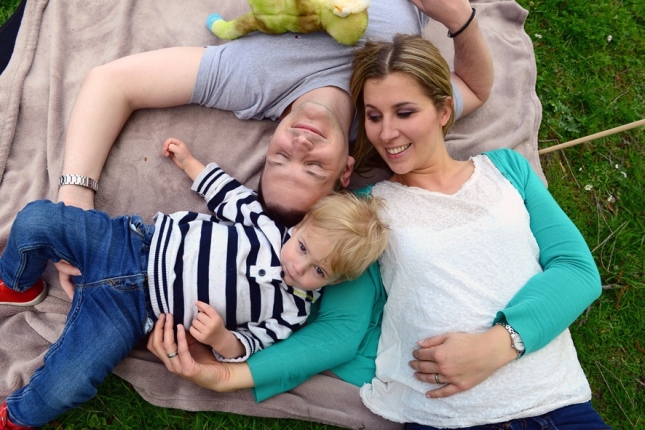

Being a parent for almost a year now, I can say (so far) nothing has come close to making me happy so much and lasting… sure it’s not my child’s job to make me happy! But it’s a very nice and welcome “side effect” and I’m aware of the fact my overall happiness might decrease in the years to come. How about yourself Nico?
LikeLike
My answer: look at the photos 🙂
LikeLike
There are happy and unhappy moments but it definitely brings SO much meaning in the long run.
LikeLike